Types of Lifeboat Release Mechanisms & SOLAS Requirements for Lifeboats
There are different types of lifeboats used on board a ship on the basis of the type of ship and other special requirements. Not all the lifeboats have the same type of releasing mechanisms, for the launching of a lifeboat depends on several other factors. In this article, we will take a look at the main types of lifeboat releasing mechanisms and also learn about the SOLAS requirements for lifeboats.
Types of lifeboat releases: On load and offload release.
There are two types of lifeboat releasing mechanisms- on load and offload. These mechanisms release the boat from the davit, which is attached to a wire or fall by means of a hook. By releasing the hook the lifeboat can be set free to propel away from the ship.
Offload mechanism:
The offload mechanism releases the boat after the load of the boat is transferred to water or the boat has been lowered fully into the sea. There is a hydrostatic piston unit provided at the bottom. the piston is connected to the operating lever via a link. As the ship becomes waterborne, the water pressure will move the hydrostatic piston up. The piston will continue to move up, pushing the lever and as a result, it will operate the hook arrangement releasing the fall wire. There is a safety pin arrangement provided near the clutch box, which disables the offload release (in case of rough weather or hydrostatic piston malfunction) allowing the operator to perform onload release of the lifeboat.
On load mechanism:
On load mechanism can release the lifeboat from the wire, with the ship above the water level and with all the crew members inside the boat. The load will be still in the fall as the boat would not have touched the water. Normally the on-load release is operated when the boat is about to touch the surface of the water so that the fall is smooth without damaging the boat and harming the crew inside. A lever is provided inside the boat to operate this mechanism. As the lever is operated from inside, it is safe to free the boat without going out of the lifeboat, when there is a fire on the ship.
Free Fall lifeboat release:
In Free fall lifeboat, the launching mechanism is similar to on load release. the only difference is that the freefall lifeboat is not lowered till 1m above water level, it is launched from the stowed position by operating a lever located inside the boat which releases the boat from rest of the davit and boat slides through the tilted ramp into the water.
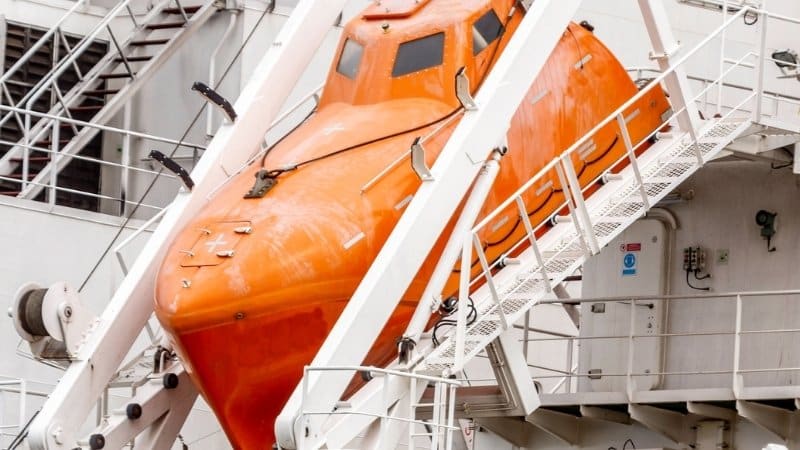
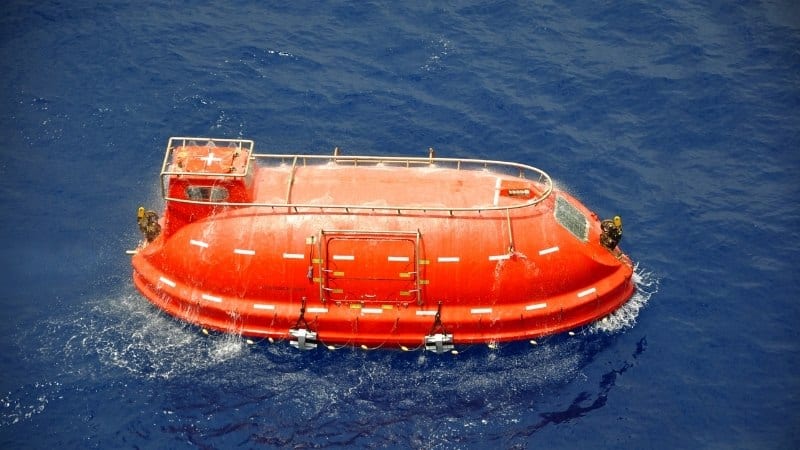
SOLAS and LSA code Requirements for lifeboat:
-The size, number and the capacity of the lifeboat for a merchant vessel is decided by the type of the ship and number of ship’s crew, but it should not be less than 7.3 m in length and minimum two lifeboats are provided on both side of the ship (port and starboard).
-The requirement for the lifeboat of a cargo ship with 20,000 GT is that the boat must be capable of launching when the ship is heading with a speed of 5 knots.
-The lifeboat must carry all the equipment described under SOLAS which can be used for survival at sea. It includes rations, fresh water, first aid, compass, distress signaling equipment like rocket etc.
-The ship must carry one rescue boat for rescue purpose along with other lifeboats. One lifeboat can be designated as a rescue boat if more then one lifeboat is present onboard ship.
-The gravity davits must be held and slide down the lifeboat even when the ship is heeled to an angle of 15 degrees on either side. Ropes are used to hold the lifeboat in the stowed position with the cradle. These ropes are called gripes.
-The wires which lift or lower the lifeboat are known as falls and the speed of the lifeboat descent should not be more than 36m/ min which is controlled by means of centrifugal brakes.
-The hoisting time for the boat launching appliance should not be less than 0.3 m/sec with the boat loaded to its full capacity.
-The Lifeboat must be painted in international bright orange color with the ship’s call sign printed on it.
-The lifeboat station must be easily accessible for all the crew members in all circumstances. Safety awareness posters and launching procedures must be posted at lifeboat station.
-Regular drills must be carried out to ensure that the ship’s crew members are capable of launching the boat with minimal time during a real emergency.
You may also like to read –
- The Beach Lifeboat Launching and Recovery System
- Nadiro Lifeboat: The Next Level of Safety in Lifeboat Launching Systems of Ships
Do you have info to share with us ? Suggest a correction
Latest Maritime law Articles You Would Like:
Latest News
- What are Logistics Risks?
- How Port and Terminal Operators Can Control Emissions?
- Minimum Quantity Commitment (MQC) and Liquidated Damages in Container Shipping: Concept and Relevance
- The Essential Guide to Shipping Container Dimensions – What You Need to Know
- A Comprehensive Overview of IMDG Code for Shipping Dangerous Goods
- Nautical Law: What is UNCLOS?
Subscribe To Our Newsletters
By subscribing, you agree to our Privacy Policy and may receive occasional deal communications; you can unsubscribe anytime.
Web Stories

About Author
An ardent sailor and a techie, Anish Wankhede has voyaged on a number of ships as a marine engineer officer. He loves multitasking, networking, and troubleshooting. He is the one behind the unique creativity and aesthetics at Marine Insight.



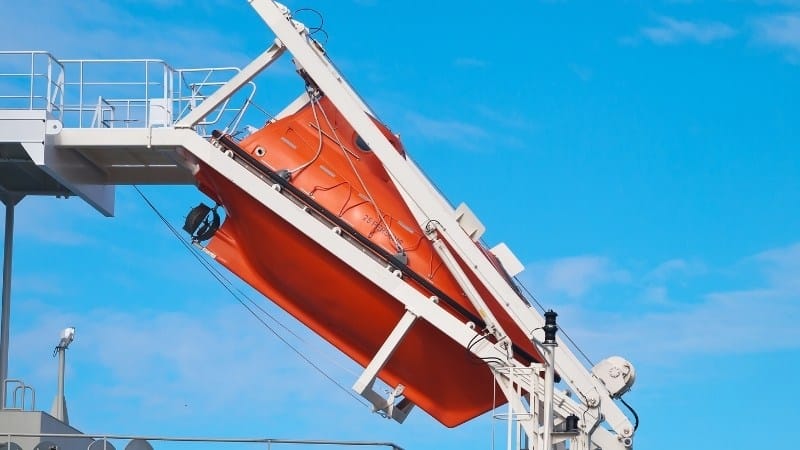
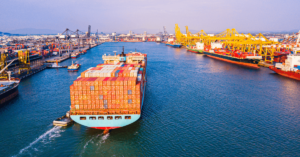
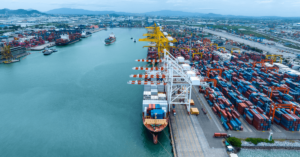
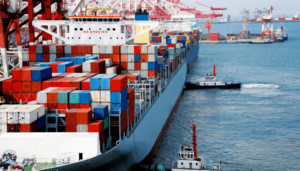
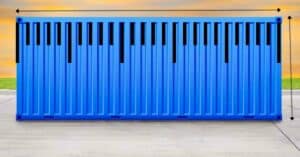
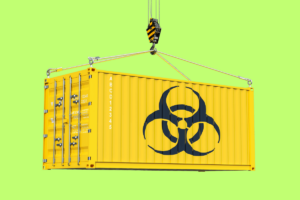



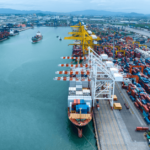


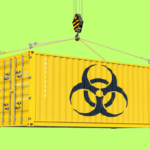


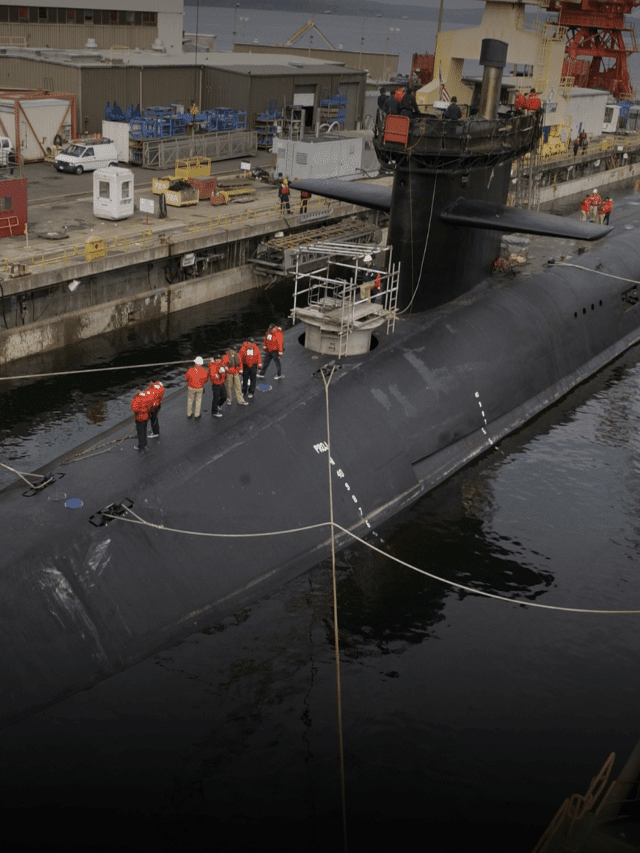
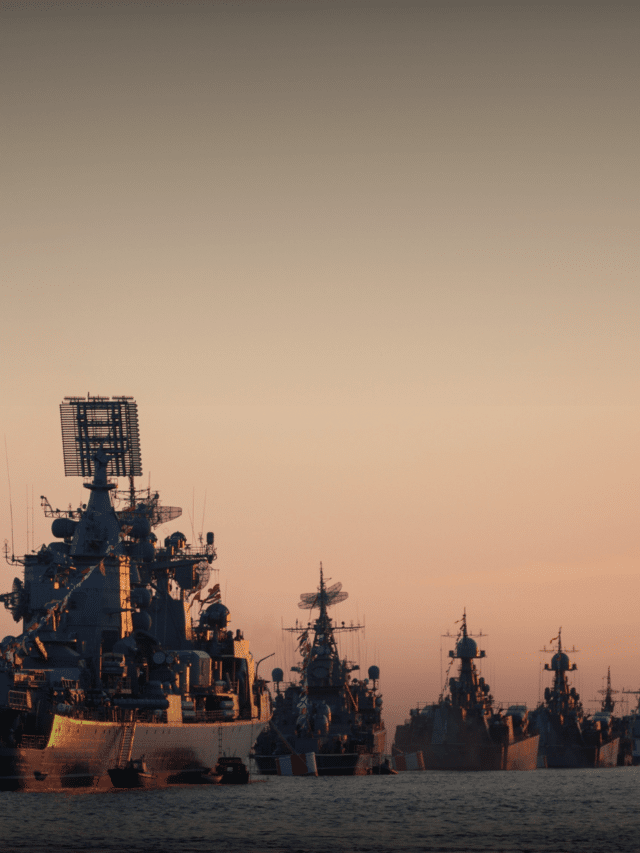
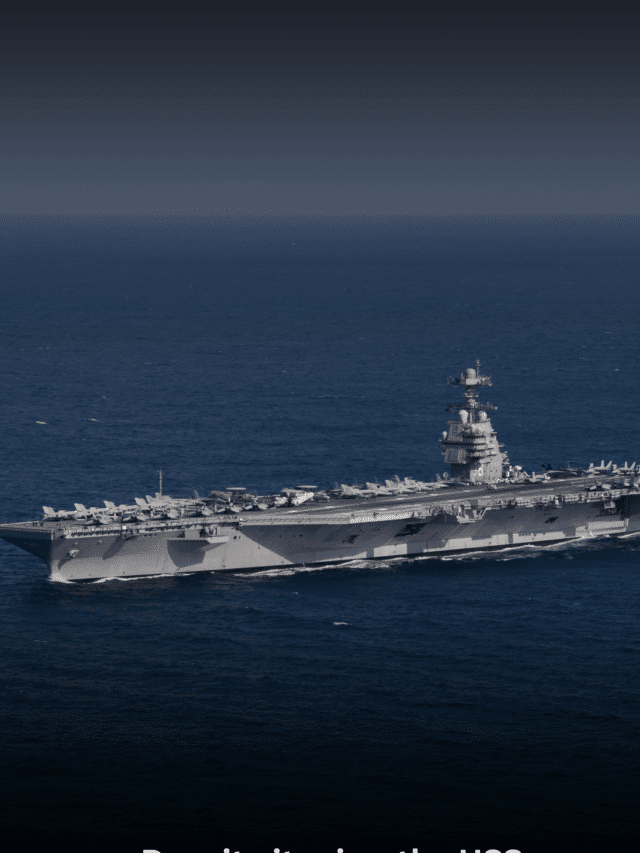
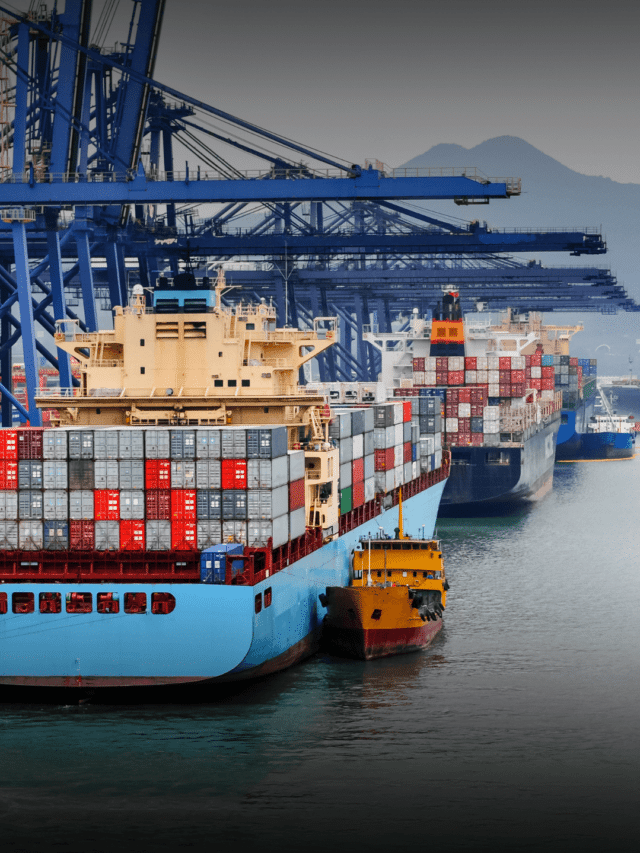
Thanks Anish for this basic but wonderful article. Sometimes its the basics which are overlooked while preparing for exams haha. Really needed this article.
I have a question. I want to know that as per which rules and regulations the release mechanism of free fall life boat no need to test by 1.1 times of total mass every five years?
DEAR SAEED GHAVAMI
THE FREE FALL LIFE BOAT NEED TO 1.1 TIMES OF TOTAL MASS EVERY FIVE YEARS. AS PER AS PER TO MANUFACTURE MANUAL
Will it be possible for you to post complete maintenance of Lifeboat.
Can u plz tell the time or speed for launching of free fall lifeboat
how much depth is required to launch a free fall lifebaoat
@ Jobin: It will depend on the height it is situated. Speaking theoretically, free fall life boat will not submerge greater than the draft of the ship hence shallow water is not a problem.
What duration of launching the lifeboat on the water, it is every 3 months?
New technology for modern lifeboats is now very importen for all seafares, but now very many ships carry old systems life boats. In this reason it is necessary to modernisation not only new lifeboats, but so on modernisation old system life boats. i.e. equipment, radio systems (SOLAS) and so on.
Thanks for your input.
Hi Anish,
I need your versatile contact details. plz if you deem convenient.
Brgds
Syed Faisal
Etihad Engg & Marine Svc
UAE
Hi @Syed: You can find our contact details here: https://www.marineinsight.com/contact2/
What is the lenght and diameter of the lifeboat falls davit type off load release t.y ?
How to double secure people doing release test on board the lifeboat when the lifeboat is on pendants. Are pendants 100% secure??and what do you think if we add additional chain block when doing test release .
Thanks a lot.can u explain about different types of brakes used in life boats and static and dynamite testing of brakes
Hello i have question about helmet when boardin in lifeboat need helmet or no inside
@Merab: Yes. A helmet is needed even when trying out the lifeboat.
Is it safe for the crew to board the lifeboat at the embarkation deck? As the lifeboat will still be hanging at about 6-7 meters height before being lowered to water level.
@Arvind: This is a standard evacuation procedure for enclosed and open lifeboats. The in-charge need to make sure all connections are proper before the crew bards the lifeboat
i want to ask some of free fall lifeboat , i notice that has a HRU connected to the wire of Gunwale Chock what was the purpose for that?
is the lifeboat will release by itself in case the ship sunk ?
If your vessel has no Fast Rescue Boat, one of your lifeboat is designated as a Rescue LifeBoat. Most often, its the starboard LifeBoat designated as Rescue LifeBoat.
The question is… Why Starboard L/B..why not Port L/B?..or vice versa….?
Sir:
I would like to come back to a matter already adressed by another reader.
I have noticed that some free fall life boats have their bad weather lashing wire linked to the ship´s structure by means of a hydrostatic release unit. Eventually, the purpose of this HRU should be to allow the boat to float free in case the ship sinks and has not been possible to release it..
Looking at the whole system, including hook design, the solution make sense.
But I would like to know if this arrangement is mandatory according to a SOLAS regulation or if it is only the result of practical experience on board.
Any information will be greatly appreciated
Kind regards.
Hydrostatic release unit are mandatory for rafts. In free fall lifeboat, hydraulic units are provided for launching, which is different than a HRU.
Thank you very much Capt Anish. And excuse me for my late reply.
Kind regards